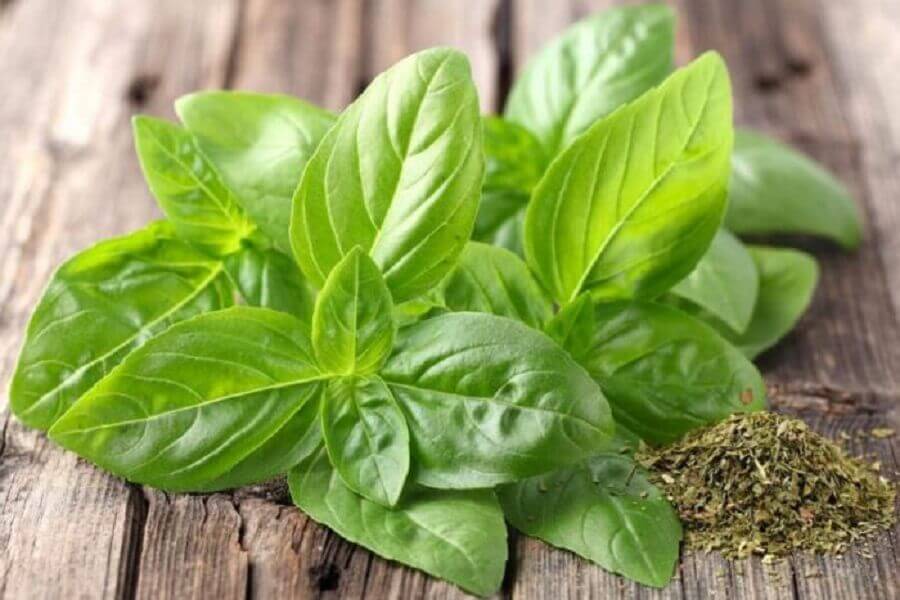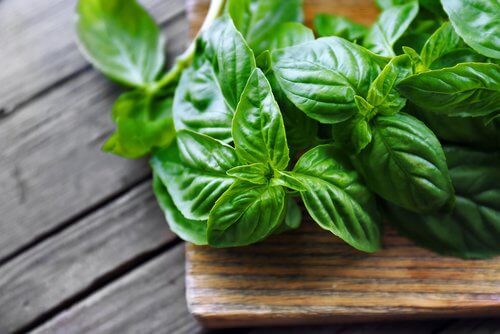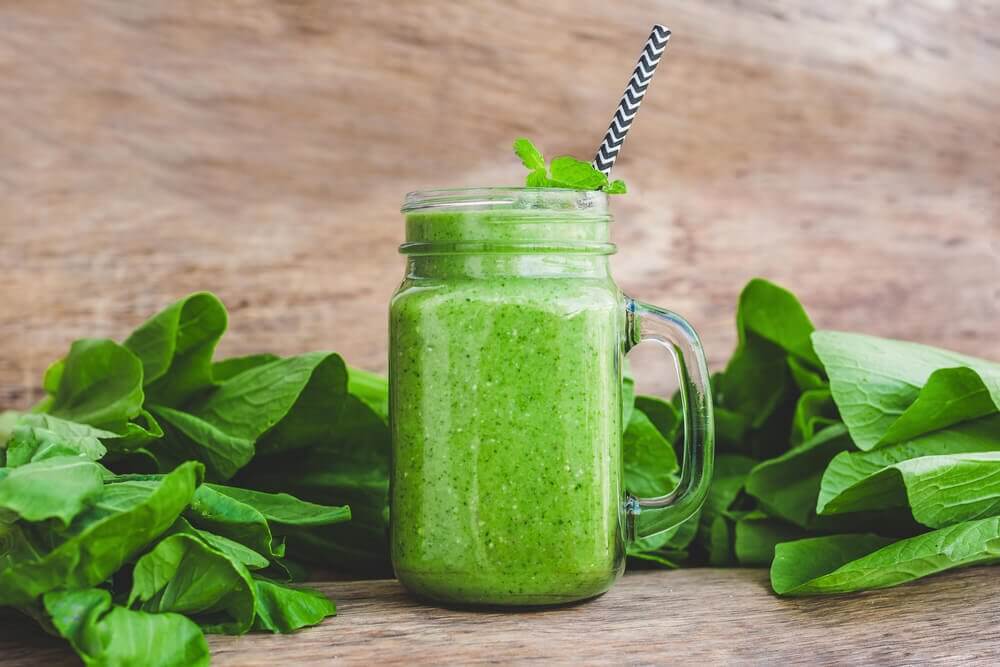Basil for Fatigue and Depression

Basil is an aromatic plant that people use frequently to give a little extra flavor to many recipes. However, this plant is also packed with medicinal properties, such as fighting fatigue and depression.
In this article you can learn about the curative benefits of basil that are useful for treating a wide variety of problems, along with some tips to use and eat them.
Basil

Basil (Ocimum basilicum) is a medicinal and aromatic plant from India and other tropical Asian countries. It can be easily grown in a garden or even in pots on your balcony. In addition to being rich in antioxidants, this medicinal plant contains vitamins A, C and K, minerals such as iron, calcium, manganese, magnesium and potassium.
- There are more than 60 kinds of basil that are different in shape and aroma.
- One of them, Holy Basil (Ocimum tenuiflorum), is actually more known for its use in Hindu traditions than its culinary use.
- People commonly use it to fight common colds.
Read this article too: 40 Surprising Medicinal Benefits of Basil
Remedy for fatigue and depression

Basil is a natural stimulant that works on different levels:
- Physically, basil helps you fight fatigue and exhaustion because it raises your energy levels and helps you recover.
However, you shouldn’t worry about its stimulant effects because they don’t actually stimulate or cause nervousness. On the contrary, they relax the nervous system.
- Emotionally, it’s a wonderful remedy for sadness, indifference and depression. Basil helps you get into more positive moods.
- Sexually, basil is an aphrodisiac that both men and women have used since ancient times to increase the libido.
Other health benefits

This medicinal plant has other health benefits:
- Anti-inflammatory and antispasmodic: it’s good for calming several kinds of pain (headaches and migraines, menstrual cramps, muscle soreness, arthritis, etc.)
- Digestive: its anti-inflammatory properties also help the digestive tract and relieves stomach gases, flatulence and indigestion.
- Antibiotic and antibacterial: it strengthens the immune system and protects the body from infections.
- Antioxidant: basil’s flavonoid and beta-carotene content protects you from free radicals that oxidize your body internally and externally.
- Anticoagulant: due to its vitamin K content, basil helps you prevent heart and blood vessel diseases. It also improves blood circulation.
- It reduces blood sugar levels: it can help prevent diabetes and insulin resistance while keeping your pancreas functioning smoothly.
- Sedative: it’s great for episodes of anxiety, nervousness, irritability, stress or insomnia.
- Relieves cough and throat irritation.
- Boosts lactation due to its milk stimulation properties. However, you should avoid its consumption during pregnancy.
- Reduces fever.
- Repels mosquitoes and a wide range of insects.
Check out this article too: 8 Benefits of Drinking Basil Tea Every Day
How can you eat it?

You can consume or use basil in several different ways depending on the problem that you’re trying to treat:
- Basil tea: Don’t boil or cool the water for more than 10 minutes. You can use fresh or dry basil.
- Lemonade infused with basil: a refreshing drink, easy to prepare for fighting fatigue.
- You can make a delicious pesto with basil and add it to your pasta, rice, etc. This condiment contains loads of fresh basil leaves and it’s deliciously intense.
- Add basil to your green smoothies and gazpachos along with other fruits and vegetables.
- Use the extract as a supplement, following the instructions of the product label or medical specialist.
- You can use essential basil oil as long as it’s intended for oral use and used as indicated by the instructions.
You can also direct apply basil or use it to spray your house, clothes, pillows, etc. Basil oil contains estragole, linalol , cineol, eugenol, sabineno, myrcene and limonene. Plus, it’s a wonderful plant to grow at home because it hardly requires that much attention at all.
All cited sources were thoroughly reviewed by our team to ensure their quality, reliability, currency, and validity. The bibliography of this article was considered reliable and of academic or scientific accuracy.
- De Alejo, P., José, L., Miranda, R., & Rodríguez, G. (1996). Actividad antidepresiva y anticonvulsivante del extracto fluido del Ocimun tenuiflorum L.(albahaca morada). Revista Cubana de Plantas Medicinales, 1(1), 0-0.
- OTERO, R. (2014). DEPRESIÓN:¿ enfermedad o indolencia?. Bubok.
- Roxana Soto-Vásquez, M., Arkin Alvarado-García, P. A., & Antonio Sagastegui-Guarniz, W. (2019). Aromaterapia en la salud mental: una breve revisión. Medicina Naturista, 13(1).
This text is provided for informational purposes only and does not replace consultation with a professional. If in doubt, consult your specialist.








